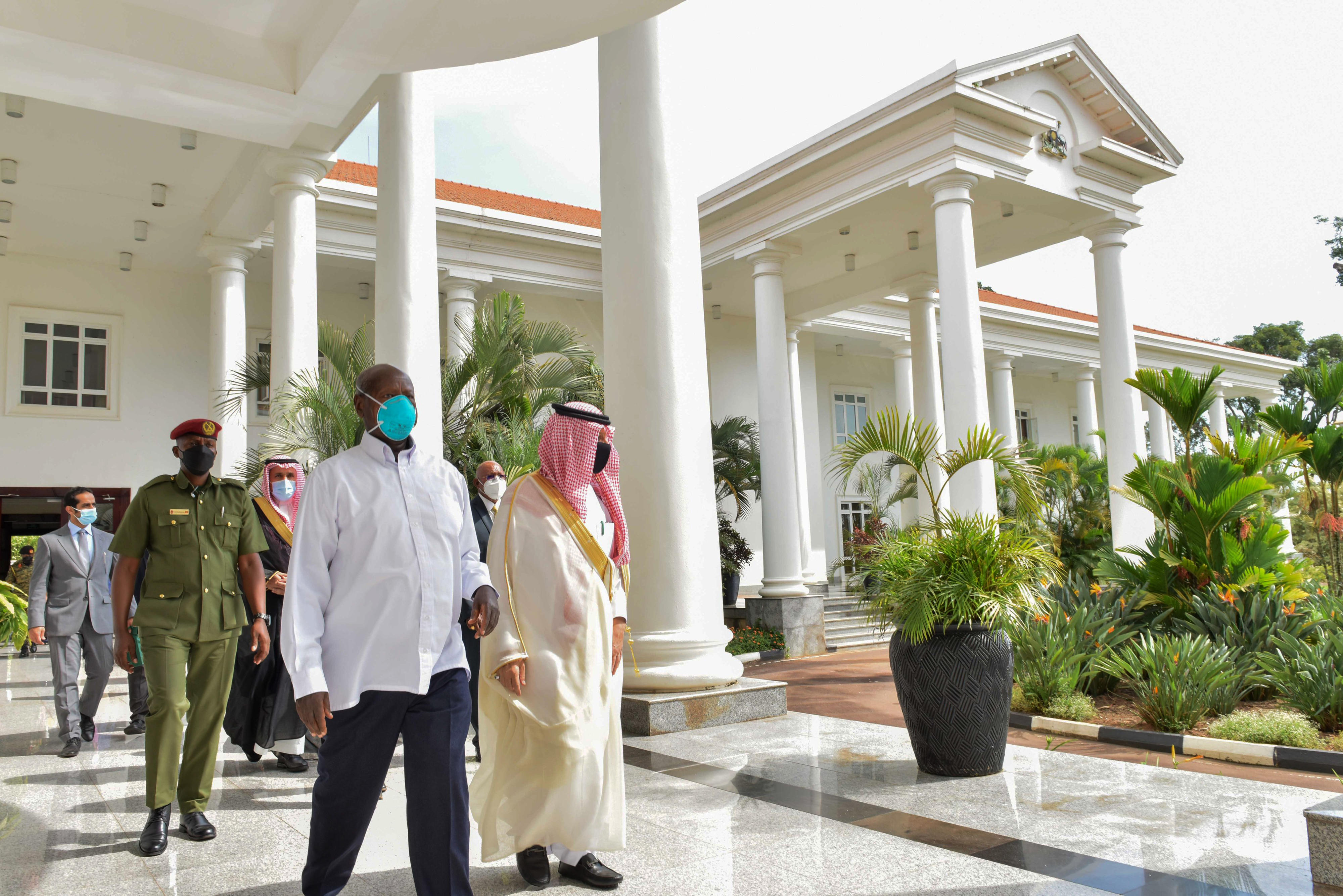Govt donations getting out of hand

What you need to know:
The issue:
Donations
Our view:
...there is no framework to guide these allocations, opening them up to possible abuse by errant public officials. Such funds are also hard to account for as their use is not clearly defined in the first place. Parliament needs to maintain a firm grip on these allocations to prevent them getting out of hand.
It emerged recently in news reports that up to 50 government ministries and agencies have included in their budgets up to 163 billion to spend at their discretion, with much of it meant to be given away as gifts or donations.
Many of these initiatives under which money is scheduled to be spent, are christened community outreach activities. While we have been aware of this vote in the past, one would expect different prioritization especially as there has been a government drive towards reduction of expenditure and alignment of government functions.
The money allocated for donations by different ministries and government departments is equal to a third of the budget allocation to the Ministry of Agriculture in the financial year 2021/22.
If the communities so constantly and heavily need boosting with handouts, donations or community outreach as it were, then perhaps the monies allocated elsewhere for things like poverty alleviation are not being effectively deployed, thus the constant need to donate and gift and budget heavily for it. Who knows, the donation budget may grow even further as we head towards elections as the pressure piles up on individuals and institutions to deliver on promises made or to earn the goodwill of communities.
This points to the increasing commercialisation of politics in Uganda as referenced in a report by Kitamirike E. & Kisaakye P. (2020) titled, “The Impact of the Cost of Politics on Inclusive Political Participation in Uganda funded by Westminster Foundation for Democracy and Netherlands Institute of Multi-Party Democracy.
According to that report, the average amount of money spent by a candidate during the 2016 primary and general elections was estimated by the study to be Shs465 million or $136,084 dollars for parliamentary candidates, and Shs237.5 million ($ 69,505) for Local Council V (LCV) chairpersons. At parliamentary level, the study found that candidates from the mainstream constituencies spent Shs 458.2 m while female counterparts running for affirmative action district women’s seats spent Shs496.4 million over both primary and general elections.
The other danger is creating an expectation among the public that their leaders will always toss a bag of cash at the problem rather than providing constructive long term solutions.
Moreover, there is no framework to guide these allocations, opening them up to possible abuse by errant public officials. Such funds are also hard to account for as their use is not clearly defined in the first place. Parliament needs to maintain a firm grip on these allocations to prevent them getting out of hand.




